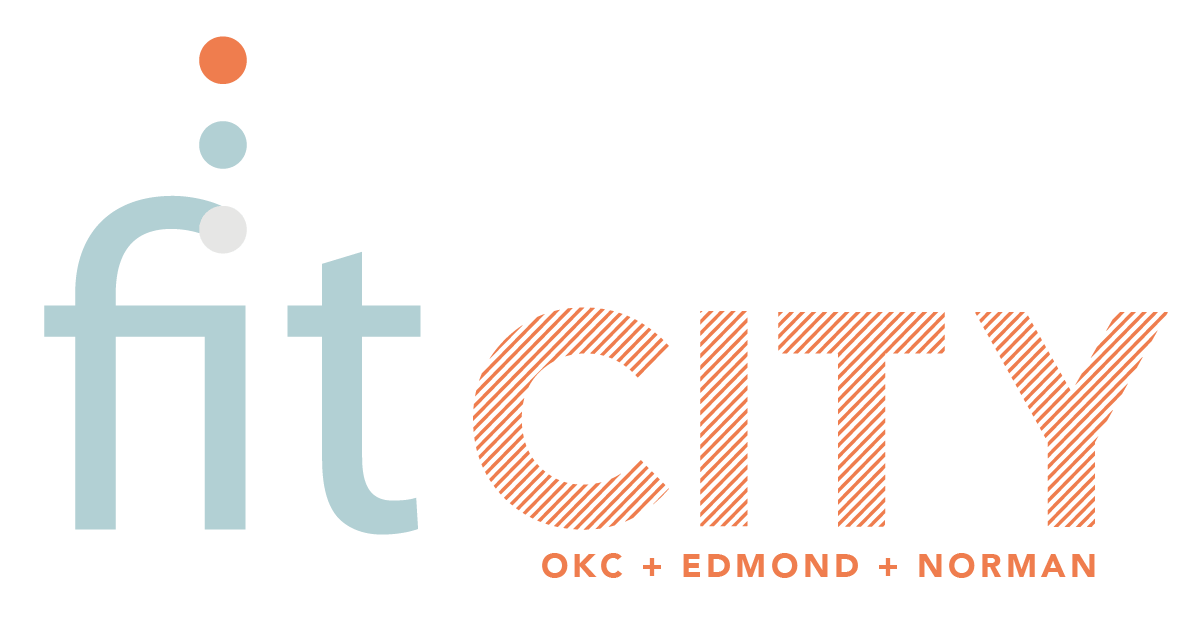FOUR MOST COMMON ESTATE PLANNING QUESTIONS
Estate planning can be an overwhelming process, and you may not know where to start. Getting your estate plan in place can relieve many concerns. I frequently hear the following questions about estate planning. Visit with a qualified attorney about putting together your personal plan.
1. DOES MY WILL AVOID PROBATE?
Many believe that once they have created a will, whether drafted by an attorney or by using a DIY solution or online format – they have designed a plan that avoids the probate courts. Unfortunately, that is not the case.
A will allows you to specify your wishes for after your death, but it still must be submitted to the probate court in order for your will to be followed and your assets distributed to your chosen beneficiaries. Probate is a very public, time-intensive, and expensive process that can be avoided by utilizing a trust.
2. WHAT ARE THE BENEFITS OF A TRUST?
A trust relieves your family and loved ones of the burdensome probate process completely because your assets are either titled in the name of the trust (including bank or investment accounts, business interests, or vehicles) or designate the trust as the beneficiary (life insurance, annuities, or retirement accounts).
Also, the trust is private, keeps your assets out of the court system, simplifies the process for your loved ones, and allows you to set up controlled trust distributions for beneficiaries that are minors, have special needs, or require protection from a divorcing spouse, creditors, or immature spending habits.
3. ISN’T A TRUST ONLY FOR THE WEALTHY?
No. Estate planning is not about the amount of money that you have. Proper planning not only allows you to make the choice as to who receives your money, business, and property, it addresses what happens if you become incapacitated and someone has to make decisions on your behalf, financially or medically.
If you have not done any planning, the court will have to appoint someone to make these decisions for you, which can cause conflict among family members and can be very costly and time consuming.
4. WON’T MY SPOUSE AUTOMATICALLY RECEIVE EVERYTHING AT MY DEATH?
Unfortunately, this is not always true. Who will inherit your estate even if you’re married depends on many different factors, including how your property is titled, who you name on your beneficiary designations, if you have a blended family and the laws of the state where you live and any other state where you own property.
To get a plan in place that will protect and provide for you and for your family, your best decision would be to retain the services of an experienced estate planning attorney.
Discover more financial resources at Fit City. We’re committed to supporting you living your best and healthiest life!













